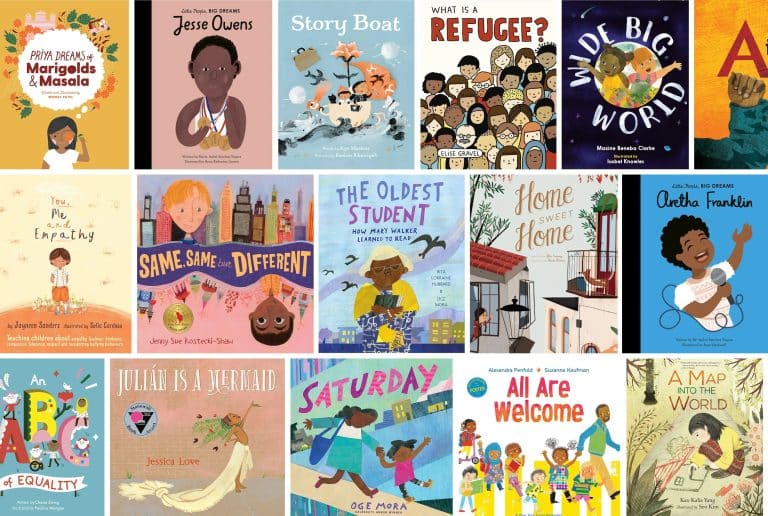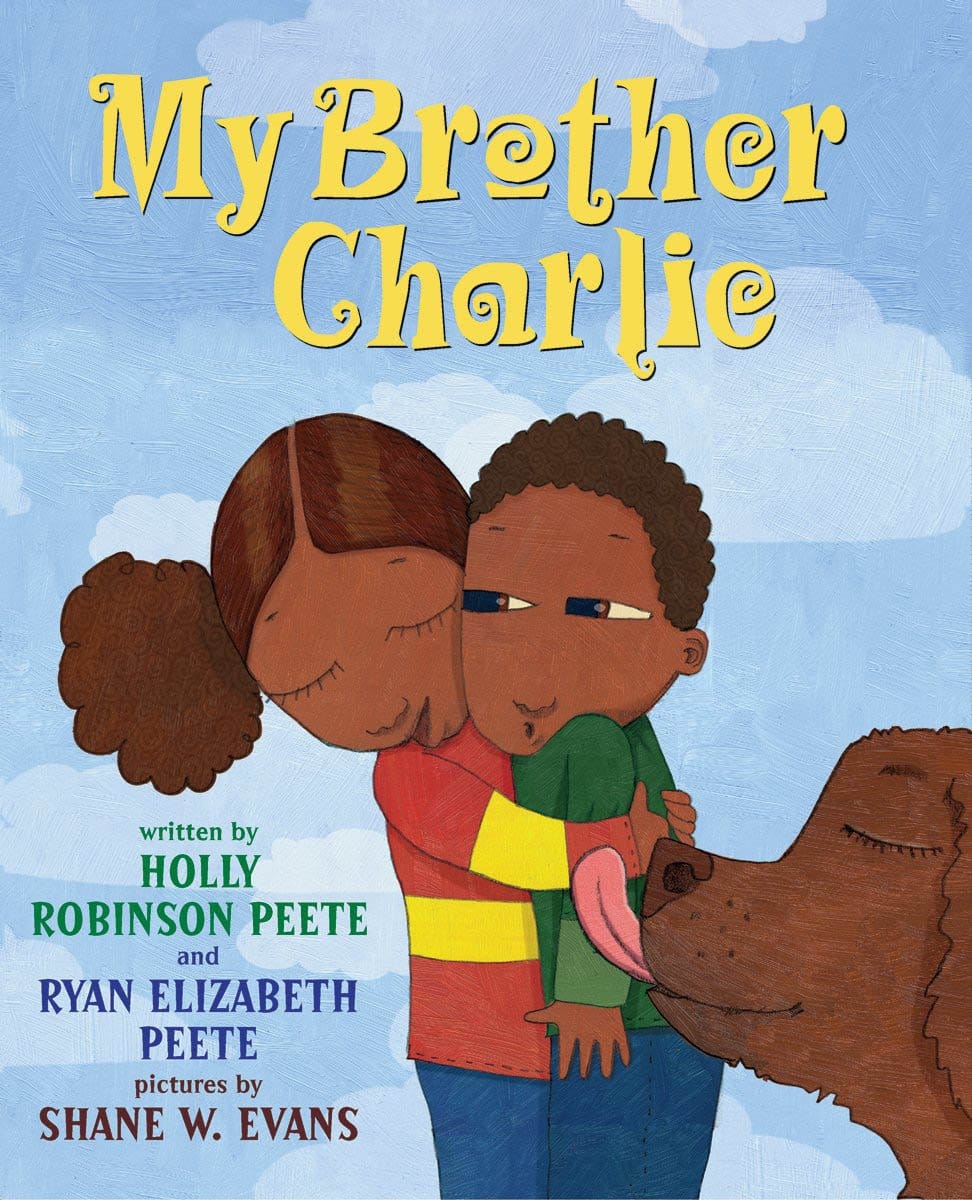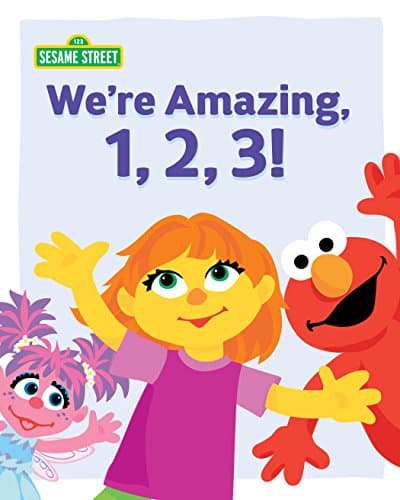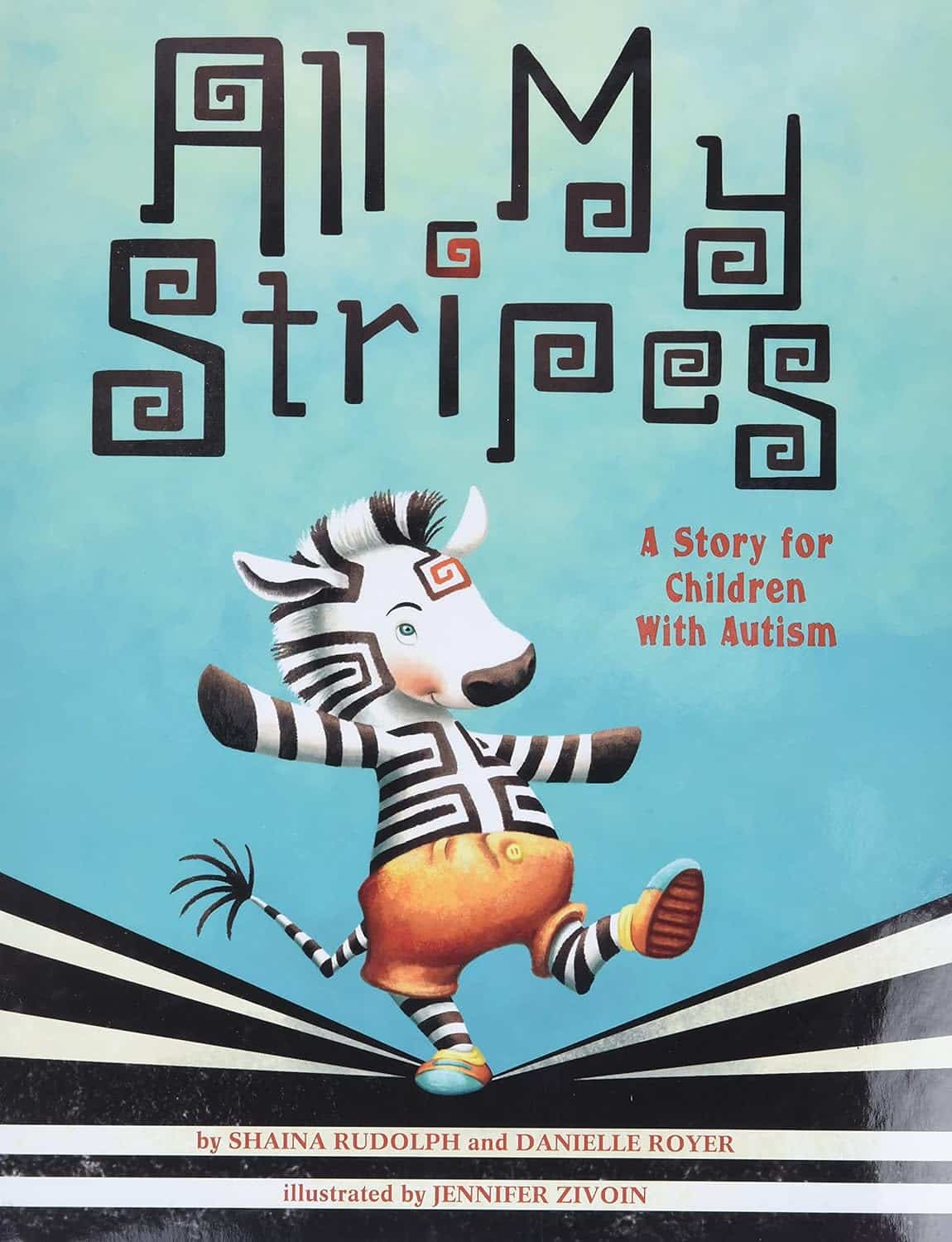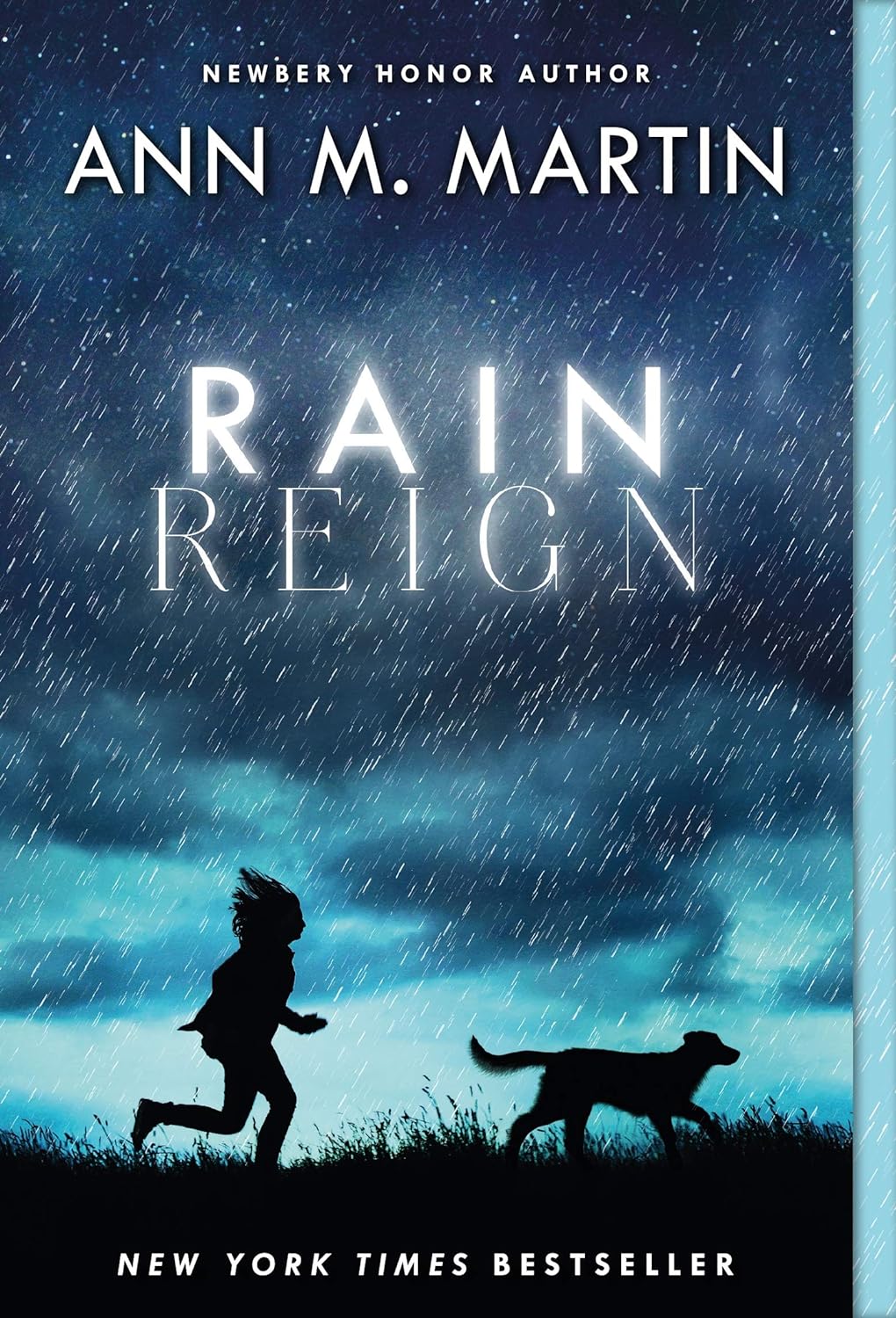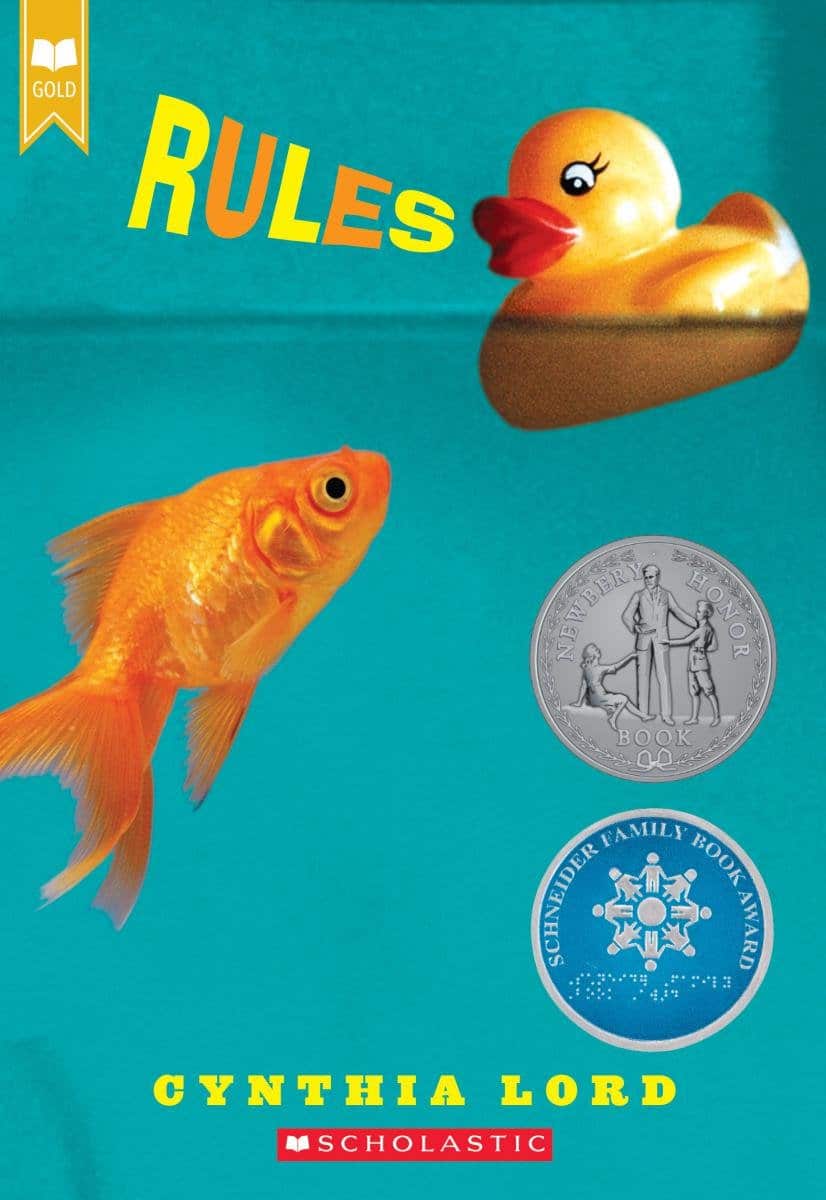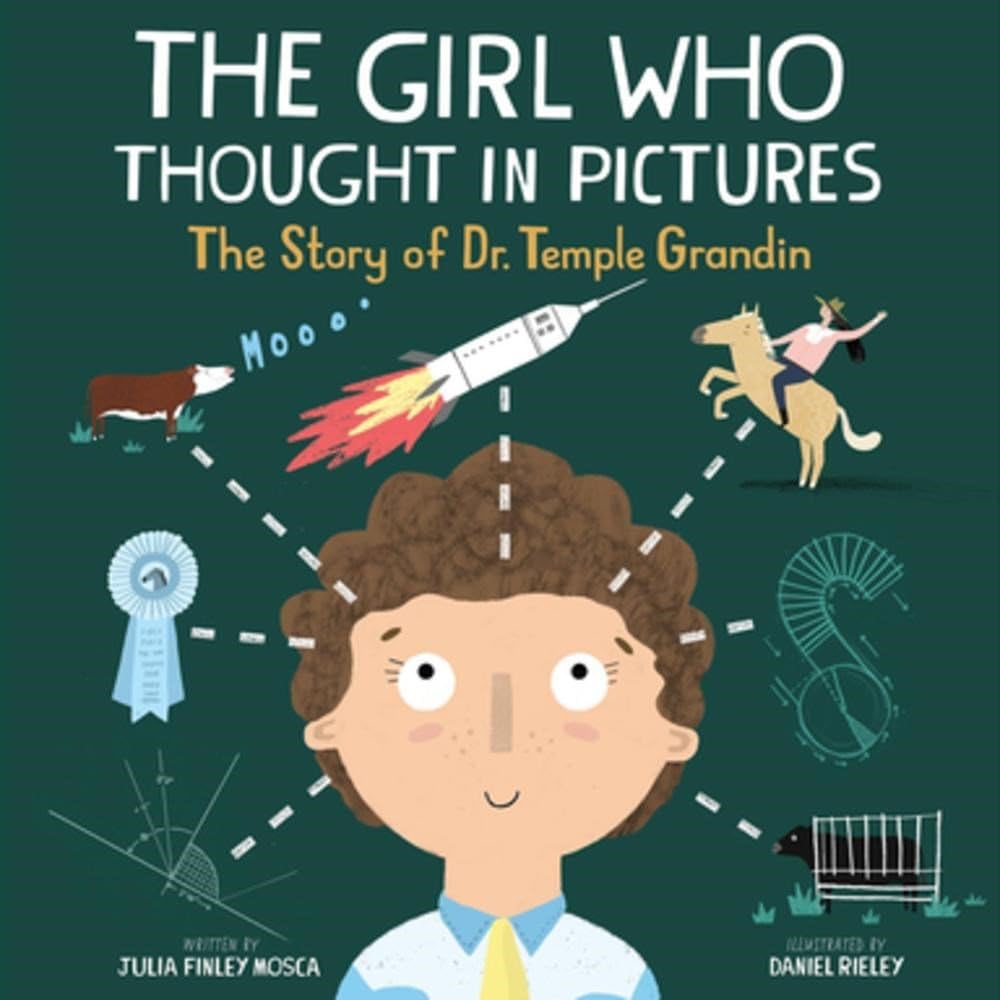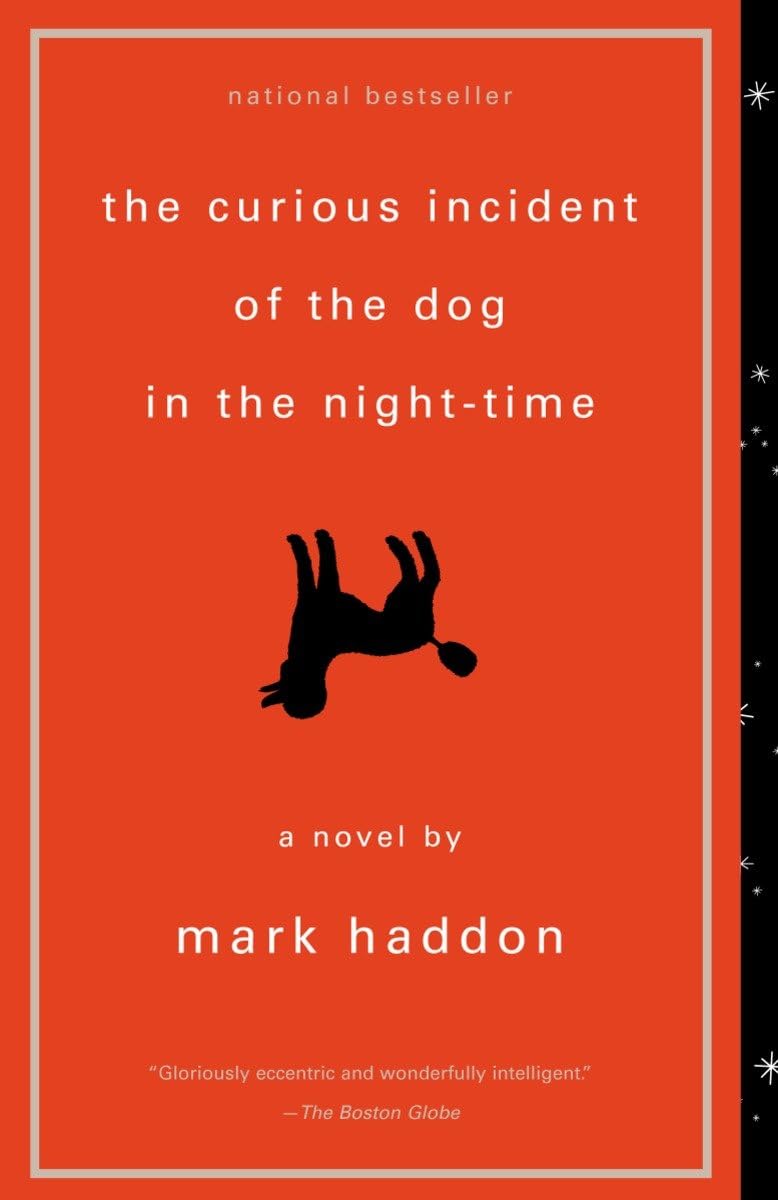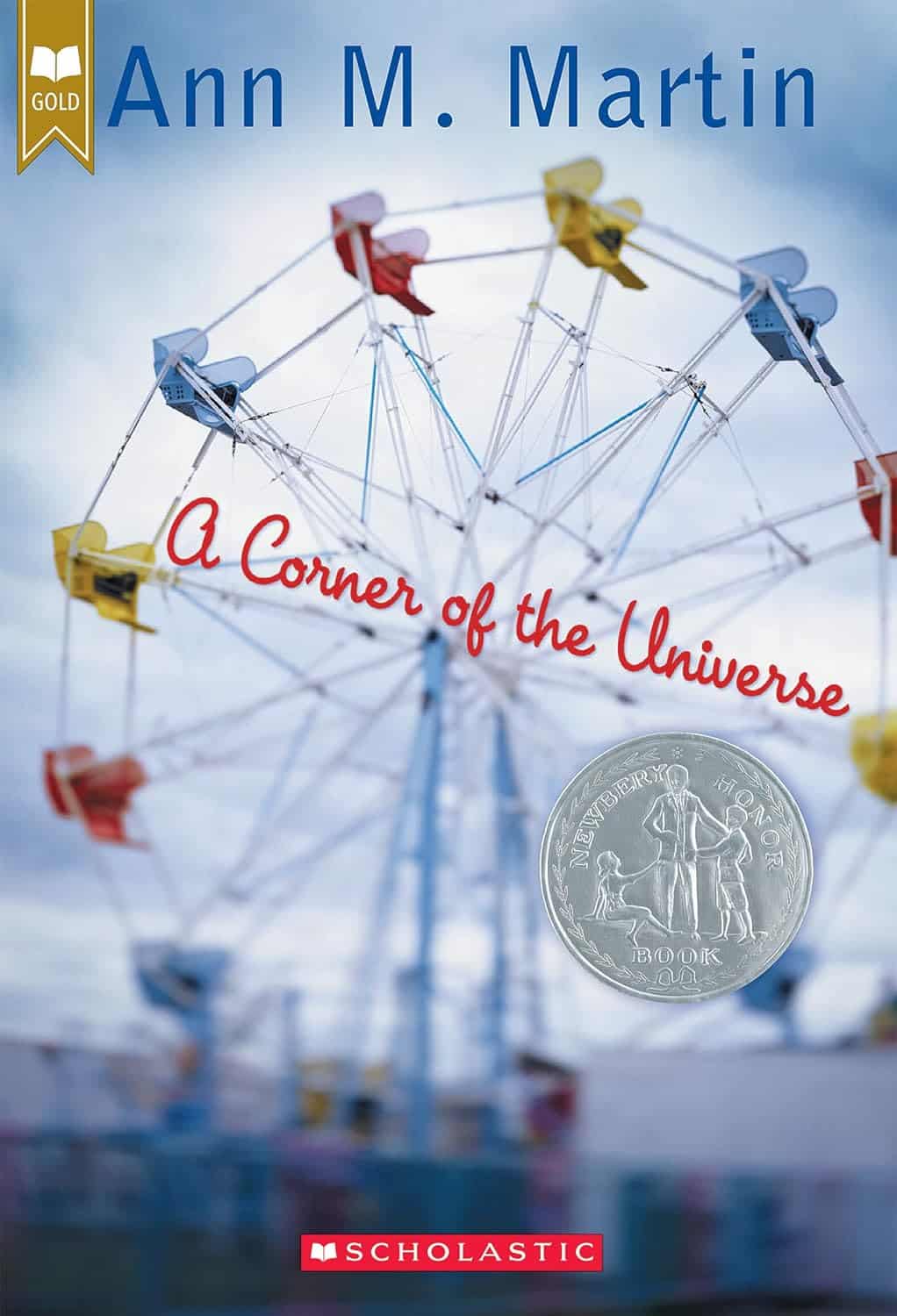We understand that if your child is suffering from Autism, then it must be extremely hard for you to deal with this piece of information.
But you are an adult, and think about it: you are having trouble wrapping your head around this news.
But what about your kid? How is he/she going to be reacting once they know that they have autism?
For this purpose, and to break several stereotypes against Autism, we need to sensitize them towards this neurological disorder.
To break this news in a sensible way, we can take the help of literature, i.e., books that are made to explain to the kids what autism is and how they can deal with it.
Let’s get started!
Books for Younger Children (Ages 3-7)
1. My Brother Charlie: Holly Robinson Peete and Ryan Elizabeth Peete
My Brother Charlie is a heartfelt story that will introduce your kid to the world of autism through the eyes of a sister, the narrator.
This book truly captures the strengths and challenges of a child with autism.
It also underlines the importance of love, acceptance, and understanding within a family.
2. We’re Amazing, 1, 2, 3: Leslie Kimmelman
We all know that Sesame Street is famous for its inclusive approach to education.
In this book, Elmo and his friend Julia, who has autism, teach young readers like your kid about the unique qualities and perspectives of individuals with autism.
The story focuses solely on celebrating differences and building friendships.
This helps in building positivity around a topic as negative as Autism and teaches the children to deal with Autism with a positive mindset.
3. All My Stripes: Shaina Rudolph and Danielle Royer
In this book, there is a character called Zane, and it is a zebra with autism.
His unique stripes represent the challenges he faces in daily life.
This story of the zebra encourages children to learn about diversity and highlights the importance of understanding and supporting friends with different abilities and challenges.
Books for Middle Childhood (Ages 8-12)
1. Rain Reign: Ann M. Martin
Rain Reign is a compelling story about a character, Rose, a girl with autism, and her unique connection with her dog, Rain.
This story not only conveys to your kid the challenges faced by individuals with autism but also explores the strength of each person’s uniqueness.
The story is very interesting and flows naturally. The friendship between Rose and her dog, Rain, shows the importance of having a companion.
2. Rules: Cynthia Lord
Among all the books in this article, this book shows the challenges faced by the family and their mindset when dealing with someone with autism.
In Rules, there is a character, Catherine, whose brother has autism. This book showcases family struggles and dynamics when living with someone with autism.
After reading this book, your child will be more understanding and compassionate.
3. The Girl Who Thought in Pictures: Julia Finley Mosca
This is a biography of Dr. Temple Grandin, who is an accomplished scientist with autism.
He serves as a reminder to your kids that autism cannot stop a person from being successful. This book is motivating and inspiring to your kid.
The book also celebrates diversity, showcasing how one person’s strength can be in the differences.
Books for Adolescents (Ages 13 and Above)
1. The Curious Incident of the Dog in the Night-Time: Mark Haddon
In this book, the narrator is a teenager, Christopher, with Asperger’s Syndrome.
This book is very dripping as he investigates the death of a neighbor’s dog.
The book shows how individuals can attain success even with Autism.
It will give your kid a deep dive into the thought processes and challenges faced by someone with autism.
2. A Corner of the Universe: Ann M. Martin
The scene of this novel is set in the 1960s. Hattie’s life takes an unexpected turn when her mentally disabled uncle comes to live with her family.
The book explores themes of acceptance, family dynamics, and the impact of societal attitudes toward those perceived as different.
This book is not specifically for autism, but it still explores the themes related to autism nearly perfectly. For instance, acceptance, love, and challenges.
Understanding Autism
Autism Spectrum Disorder (ASD) is a neurodevelopmental condition characterized by differences in social communication and behavior.
What is interesting is that each individual with autism is unique, experiencing a range of strengths and challenges.
As a parent, the duty lies on you to work with your kids and find their strengths and challenges.
Children with autism may face communication difficulties and display repetitive behaviors.
If you want to understand autism or want your kids to understand it better, begin with education. Books are a great source to communicate concepts to children without you being a part. Reading books aims to eliminate misconceptions, break down barriers and stereotypes, and encourage acceptance towards oneself and each other.
If your child is in third grade, several good chapter books for 3rd graders might catch their attention. Do check them out.
Conclusion
We understand how explaining Autism to kids might be hard and nerve-wracking.
For this reason, books act as a perfect guide. In this article, we have covered books for various age groups.
By reading books, your kid won’t feel alone, will resonate with the characters, and will not feel lost and alone.
Parents or educators should incorporate these books into daily conversations with children.
So that we can create a more inclusive and compassionate world where differences are celebrated.
Remember that Autism should not be perceived as a disability. Rather, we should celebrate the differences and focus on our strengths.
Frequently Asked Questions
What Is the Best Way to Explain Autism to a Child?
The best way to explain autism to a child is to make them understand that everyone’s brain works differently; it’s like having a unique way of thinking. Use relatable examples to highlight the strengths and challenges of other kids to build empathy and acceptance.
At What Age Do Autistic Kids Read?
As all Autistic cases do not progress similarly, it will be hard to tell. But we can say that many autistic children start developing reading skills around the same age as neurotypical children, typically by kindergarten or earlier stages of early education.
Do Autistic Kids Learn Easily?
Autistic children may have unique learning styles. So, you need to tailor customized teaching methods to fit their strengths, such as visual or hands-on learning. Traditional methods might not work, so don’t shy away from experimenting with your teaching methods.

